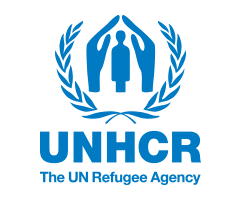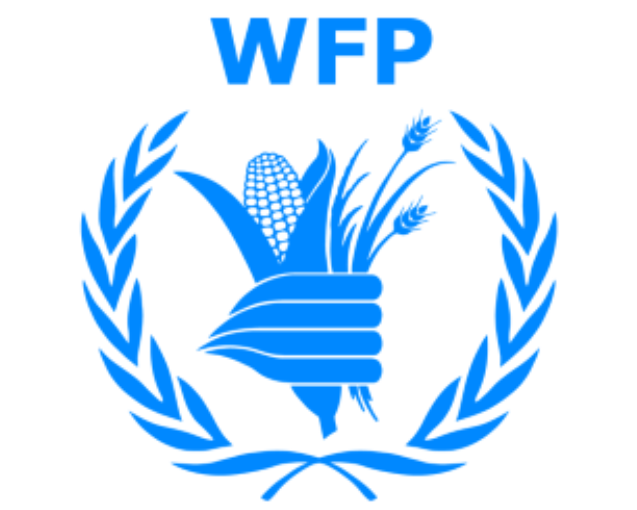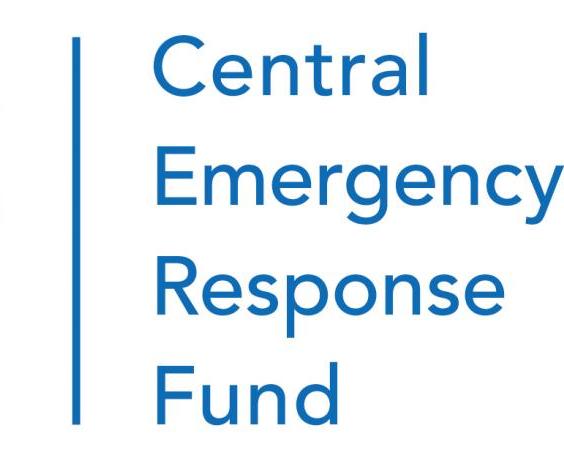LWF Chad would like to thank all its local, national and international partners for their collaboration, support and generous contributions.
We work with partners
LWF Chad would like to thank all its local, national and international partners for their collaboration, support and generous contributions.
ACT Alliance is a coalition of more than 140 churches and faith-based organisations working together in over 140 countries to create positive and sustainable change in the lives of poor and marginalised people regardless of their religion, politics, gender, sexual orientation, race or nationality in keeping with the highest international codes and standards.
ACT Alliance is supported by 25,000 staff from member organisations and mobilises about $1.5 billion for its work each year in three targeted areas: humanitarian aid, development and advocacy.
The Office of the United Nations High Commissioner for Refugees was established on December 14, 1950 by the United Nations General Assembly. The agency is mandated to lead and co-ordinate international action to protect refugees and resolve refugee problems worldwide. Its primary purpose is to safeguard the rights and well-being of refugees. It strives to ensure that everyone can exercise the right to seek asylum and find safe refuge in another State, with the option to return home voluntarily, integrate locally or to resettle in a third country. It also has a mandate to help stateless people.
The World Food Programme is the world's largest humanitarian agency fighting hunger worldwide. In emergencies, we get food to where it is needed, saving the lives of victims of war, civil conflict and natural disasters. After the cause of an emergency has passed, we use food to help communities rebuild their shattered lives. WFP is part of the United Nations system and is voluntarily funded.
Born in 1961, WFP pursues a vision of the world in which every man, woman and child has access at all times to the food needed for an active and healthy life. We work towards that vision with our sister UN agencies in Rome -- the Food and Agriculture Organization (FAO) and the International Fund for Agricultural Development (IFAD) -- as well as other government, UN and NGO partners.
The nature and scope of the assistance are adjusted to the situation in the disaster zone within the framework of available possibilities. Aid measures are designed to suit the local conditions and are integrated in the economic, social and political context of a specific country or region. They are adjusted to respond to the needs and the situation of the victims, respect the dignity of the people, and protect valid laws and traditions. Aid commodities are deployed according to need and correspond to local standards. They are purchased locally so far as it is possible and useful.
The Bureau of Population, Refugees, and Migration provides aid and sustainable solutions for refugees, victims of conflict and stateless people around the world, through repatriation, local integration, and resettlement in the United States. PRM also promotes the United States' population and migration policies.
The Federal Ministry for Economic Cooperation and Development (BMZ) mandate is wide and varied. Development cooperation aims to help resolve crises and conflicts in a peaceful manner. It aims to help ensure that scarce resources are more equitably shared, and that our environment is preserved for coming generations. And it aims to help reduce global poverty.
In order to achieve these goals, development policy must target different levels. The BMZ develops the guidelines and the fundamental concepts on which German development policy is based. In addition to providing financial support, the BMZ also exchanges views and experiences with state-owned development cooperation organisations, as well as a large number of non-governmental organisations, or NGOs, like Church organisations, political foundations and other private bodies.
The United Nations Central Emergency Response Fund (CERF) is one of the fastest and most effective ways to support rapid humanitarian response for people affected by natural disasters and armed conflict. CERF receives voluntary contributions year-round to provide immediate funding for life-saving humanitarian action anywhere in the world.
CERF makes money available when it is needed most: at the beginning of a crisis, when time is of the essence and it is critical that emergency relief operations get under way quickly.
CERF provides funding to the world’s most neglected crises. When a disaster fades from the headlines, or never makes the headlines, it is much harder to raise funds. The need for help, however, is no less significant.








